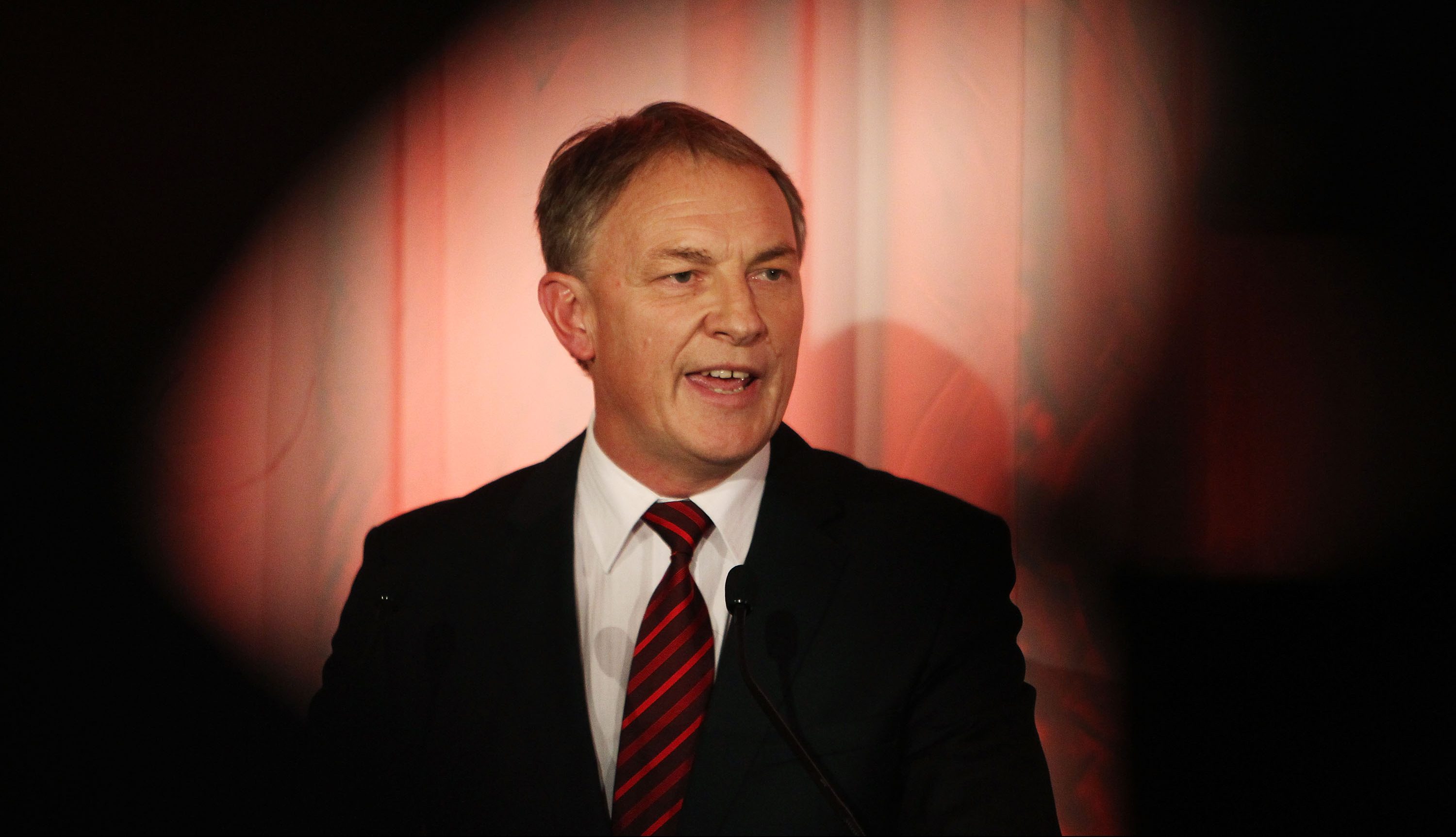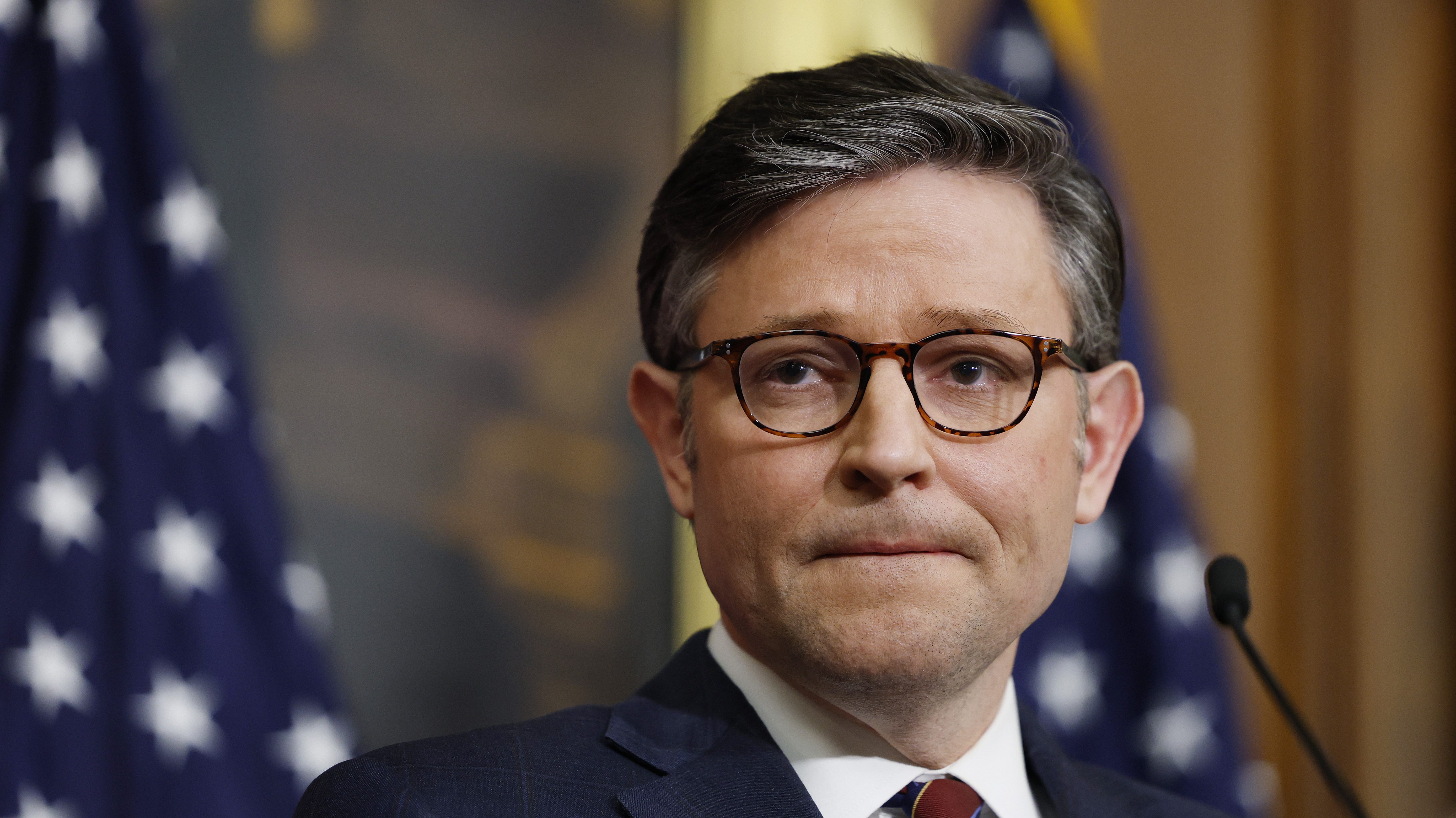President Barack Obama said Thursday that the passenger plane downed over Ukraine "looks like it may be a terrible tragedy" and his top priority is finding out whether American citizens were on board.
"The world is watching reports of a downed passenger jet near the Russia-Ukraine border," Obama said as he took the stage for a speech in Delaware to discuss transportation funding. "It looks like it might be a terrible tragedy. Right now we're working to determine whether there were American citizens on board. That is our first priority."
Obama said he's directed his aides to stay in close contact with Ukrainian officials and offer U.S. help to determine what caused the crash. Ukrainian President Petro Poroshenko called the downing of the Malaysia Airlines plane carrying 295 people an act of terrorism.
While in Delaware, Obama announced a new program to attract more private money to help pay to build new roads, bridges and highways as he criticized Congress for refusing to approve a more lasting source of transportation funding
The new program is designed to encourage collaboration between state and local governments and private-sector investors, expand the market for public-private partnerships and make greater use of federal credit programs.
Obama argued that the U.S. is losing its competitive edge to other countries that spend freely on infrastructure upgrades.
U.S. & World
Stories that affect your life across the U.S. and around the world.
"First-class infrastructure attracts investment, and it creates first-class jobs," Obama said at the Port of Wilmington, where the recently closed I-495 bridge served as the backdrop. The bridge was closed indefinitely last month after four support columns were found to be tilting, forcing 90,000 daily drivers to find another way through downtown Wilmington.
Obama's trip is part of a broader effort to press Congress to keep money flowing into the Highway Trust Fund, the source of federal aid to states for surface transportation projects. The fund is expected to begin running out of money next month unless lawmakers act.
The Republican-controlled House passed a temporary transportation funding bill this week to keep aid flowing through next May, after the midterm elections. A similar bill is pending in the Senate, though the chamber's Democratic leaders are expected to vote next week on the House-passed measure. Obama supports the temporary patch but pressed for more stable funding.
He said even smaller transportation projects can take years to design and build.
"A few months of funding doesn't cut it," said Obama, who has devoted most of his public appearances this week to pressing Congress to either approve his four-year, $302 billion transportation proposal or come up with an alternative long-term measure.
Michael Steel, a spokesman for House Speaker John Boehner, R-Ohio, said the Democratic-controlled Senate is the roadblock to transportation funding, and he urged Obama to work to break the Senate gridlock.
"Instead, he is giving a petulantly irrelevant speech," Steel said.
Transportation Secretary Anthony Foxx welcomed the progress on Capitol Hill but said a short-term solution "is still insufficient to solve our crisis." Lawmakers have kept the fund teetering on the edge of bankruptcy since 2008 through a series of temporary patches because they cannot agree on a politically acceptable, long-term funding solution. Action is needed before Congress breaks for August.
Before arriving at the port, Obama stopped at the Charcoal Pit for a cheeseburger lunch with Tanei Benjamin, the single mother of a 6-year-old daughter who wrote him a letter last year about her personal situation. The White House said that after reading Benjamin's letter, Obama wrote "This is the person we are working for" on the bottom and sent the letter to his senior staff.
Obama has been meeting in public venues with the authors of some of the 10 letters he reads every night, part of a concerted White House push to get him out of Washington and interacting with everyday people.
From Delaware, Obama was headed to New York City to raise campaign money at separate events at two homes for the Democratic Party and the House Majority PAC, which tries to help Democrats win House seats. The events were to be closed to media coverage.



